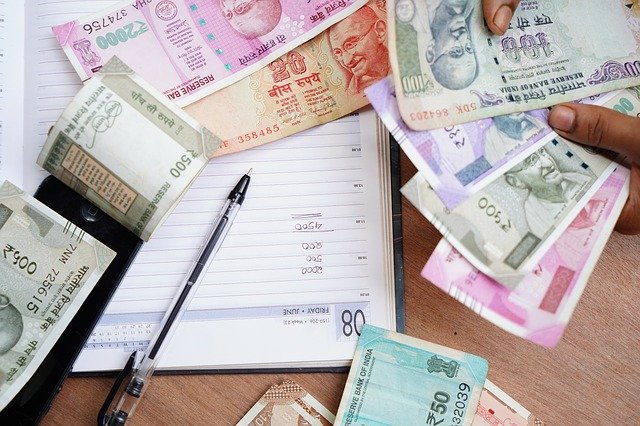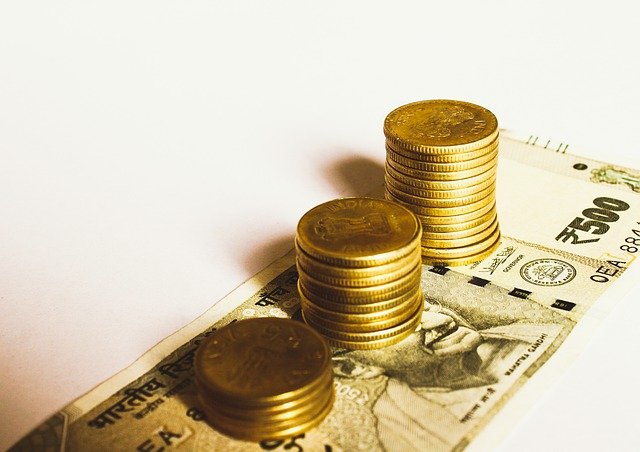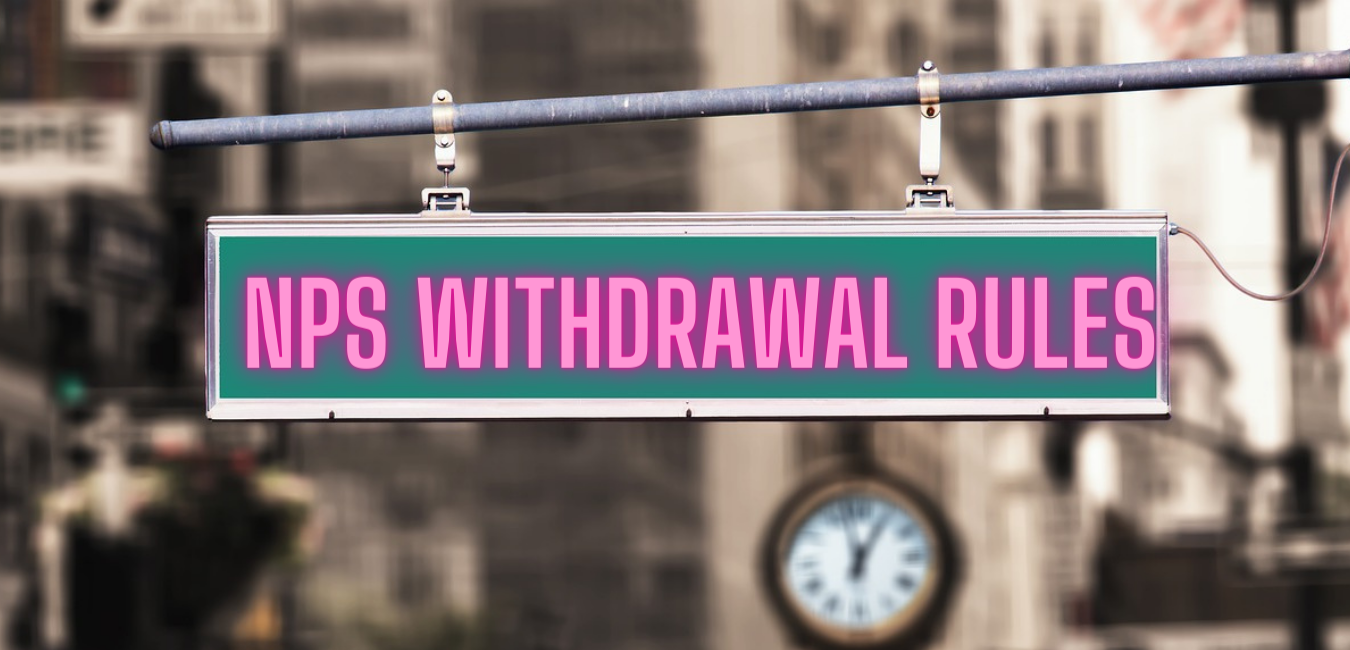On 1 July 2021, the Central Government employees and pensioners will welcome a significant increase in their salaries and pension. Dearness allowance (DA) for employees and dearness relief (DR) for pensioners are the components of the salary/pension that counter inflation. DA relates to the cost of living, and thus, varies depending on where the employee resides. The Government fixes the amount of DA and DR twice in a year for the periods from January to June and July to December. The Government uses the average inflation over the past 6 months to calculate DA and DR.
Because of the COVID pandemic, the last three instalments of DA i.e. January 2020, July 2020, and January 2021 have not been paid. However, the Ministry of Finance announced in March 2021 that DA and DR would be resumed from July 2021. More than 50 lakh employees and around 61 lakh pensioners will receive benefits from this announcement.
Currently, DA is 17% of the basic salary. The rate of DA is expected to increase to 28%.
Based on the inflation rate, the rise in DA is calculated. Accordingly, the rise in DA should be 3% for January 2020 to July 2020, 4% for July 2020 to January 2021, and 4% for July 2021 to December 2021. Thus, a total increment of 11% will take place in the DA amount. As a result, Central Government employees and pensioners will receive a 28% hike in DA and DR on 1 July 2021.
As per the pay matrix, the monthly salary will increase by Rs.2, 700 due to the hike in the DA.
The minimum basic salary of a Central Government employee as per the pay matrix is Rs.18, 000. The rise in DA, to be announced on 1 July 2021, will add a 15% DA component to the basic salary according to the pay matrix. Thus, DA of Rs.2, 700 will be added to the salary per month and a total DA of Rs.32, 400 per annum.
Other allowances like traveling allowance (TA) and house rent allowance (HRA) are also a part of the salary. A hike in DA translates into a hike in TA. Thus, once the DA increment is announced, there will also be a rise in the TA. The calculations of employee’s provident fund (EPF) and gratuity depend on the DA amount. As a result, an increased 28% DA will cause a rise in EPF as well as gratuity.







